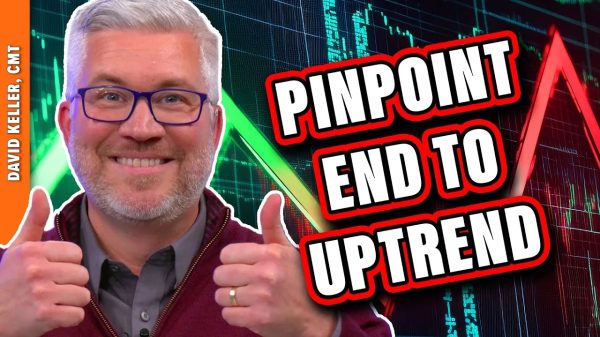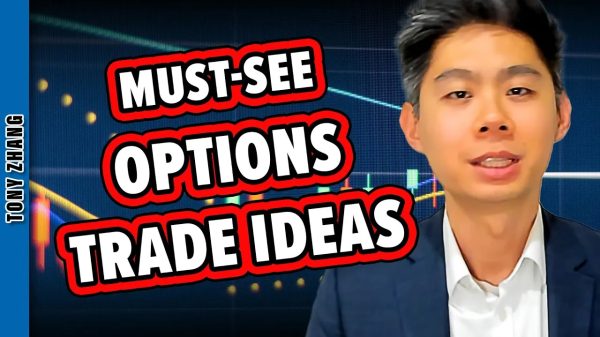Methods of Making Money While Trading
When you’re trading, the most common way of earning money is simply buying low and selling high. And while even that’s more complicated than it sounds, it’s far from the only way of increasing your earnings.
While regular buying and selling can suffice if you’re a skilled enough trader, other ways exist to bolster your earnings. They are rare, but they are still fairly simple, so you can incorporate them into your trading even if you’re relatively new.
Today, we will review some of those methods, covering common trading options for earning more.
Dividends
You may have heard that stockholders get paid dividends for holding a certain number of shares. That’s true, and it’s a relatively simple way to hold a steady profit. Just invest in a big company that’s doing well, and collect the gains and dividends.
However, we believe dividends are an afterthought for most traders. First, most traders use CFD brokers, which don’t earn you the right to earn dividends. Since dividends rely on asset ownership, and that doesn’t apply to CFDs, they are incompatible.
Second, the earnings are relatively negligible if you own a limited amount of stock. As traders look to earn money by active trading actions, only some hold on to large amounts of an asset for extended periods.
Shorting
Shorting, or short selling, is basically the opposite of buying an asset. We won’t go into the details, but the primary feature is that you earn money when an asset’s value drops. So it’s a great way to earn money in bear markets or when you foresee that an asset won’t do well for an extended period.
In our eyes, learning how to properly short is just as fundamental of skill as buying assets is. They complement and let you prosper even when markets aren’t doing well.
However, the important thing with shorting is that the losses are theoretically unlimited. You lose money when the price of your asset goes up. Since gains are theoretically unlimited, shorting can rack up massive losses quickly.
Call and Put Options
Options trading is another different way of trading that relies on predictions. They are contracts that allow you to buy or sell a specific amount of an asset at a set price. Of course, these contracts come at a premium.
So let’s say an asset’s current value is $200. You set up a call option that lets you buy the asset for $240. Then, at a certain point in time, the price rises to $300. You’ll be able to buy them at $240 and immediately sell them at $300.
Let’s take the same asset at $200. You can buy put options to sell the asset at $180. The price drops to $160, and you can immediately buy them and sell them for $180, earning $20 per unit.
Call and put options are excellent both on their own and when combined with other types of trading. The thing to remember is that they have an expiry date, meaning you’ll be forced to buy or sell the amount in the contract at a certain point, even if it isn’t a beneficial trade.
The post Methods of Making Money While Trading appeared first on FinanceBrokerage.























